Second Opinion is your right
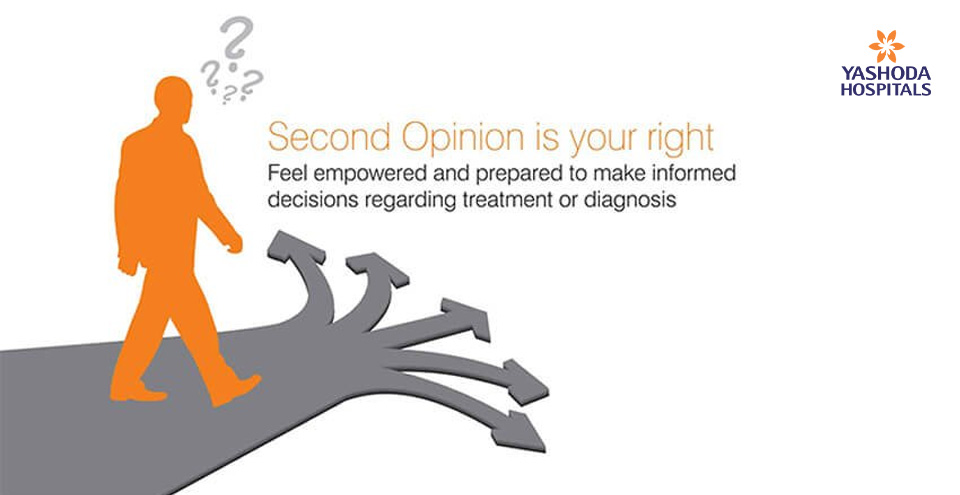
Feel empowered and prepared to make informed decisions regarding treatment or diagnosis
If doctors and healthcare systems aim to provide the best treatments based on high quality diagnosis, the patients are greatly concerned with veracity of the diagnosis, and genuinity of the consultation process. In instances where the case is complicated, the second (medical) opinion becomes very important as it offers reassurance to the patient.
Cases relating to cancer and patients referred to surgery may definitely benefit from the second opinion. A second (medical) opinion is given by a Senior Consultant or doctor, who studies the details of your case and provides suggestions. You need to understand that, a second opinion is an attempt to gain a greater understanding of your health condition, and know about the best treatments available.
Importantly, a second opinion should be very objective. For this purpose, you should provide all the diagnostic reports but not share the views and opinions of the first doctor with the second doctor. This helps you to avail an objective second opinion from the expert consultant. There are also instances where your consulting doctor also provides the names of other consultants for second opinion, to re-assure you on the suggested course of treatment or surgery.
BENEFITS
It needs to be understood that, second opinion benefits not only the patients but also the doctors. The doctors as part of the consulting process discuss the case with senior consultants of the specialty, even before recommending on a particular course of treatment. When the patient is diagnosed for cancer or alzheimer’s or any other fatal disease, the second opinion becomes very crucial.
Second opinion helps to clarify that the current treatment plan is the best option, or if other more beneficial treatment plans would be available. It is also possible that, one medical professional may identify a crucial aspect of a disease that the first doctor may have missed. A second opinion turns all the more crucial when you are recommended for a major surgery. Second opinion helps you to understand the risks and advantages of the surgery, with informed decisions of experts helping to save your life.
SECOND OPINION: A CASE FOR CANCER
Cancer is a complex disease. It is complicated to diagnose and manage cancer. As soon as the patient is diagnosed for cancer, the specialist doctor recommends for a definite course of action. However, the patient may not be satisfied with the course of treatment, and definitely seeks a second opinion on cancer, and the treatments available. Second opinion on cancer becomes vital when you have doubts about the doctor’s advice. Also, when the doctor doesn’t have enough professional experience and when you are suffering from a rare type of cancer. A third opinion also cannot be ruled out when it comes to complicated cancer cases. For example, a prostate cancer patient may be advised by a urologist, and the second opinion may come from an oncologist. However, going to a third specialist consultant may help in availing the best course of treatment.
CONCLUSION
Second opinion has a number of benefits. Primarily, it helps the patient as well as the doctor to get gainful insights into the disease, and follow the best available course of treatment. Second opinion can be effective and yield the desired results only when the patient approaches the right specialist and furnishes all the tests results (blood work or imaging tests). This eliminates repeat testing and helps to save on diagnostic processes.
If it is cancer, you can take expert advice on different oncology disciplines (medical oncology, radiation oncology and surgical oncology) and the treatment options available. Why the diagnosis and treatment differs between the two doctors needs to be discussed and understood. Finally, the rationale and purpose of the second opinion has to be realized, that second opinion promotes good health, improves doctor/patient communication and empowers viewers to take charge of their own healthcare.







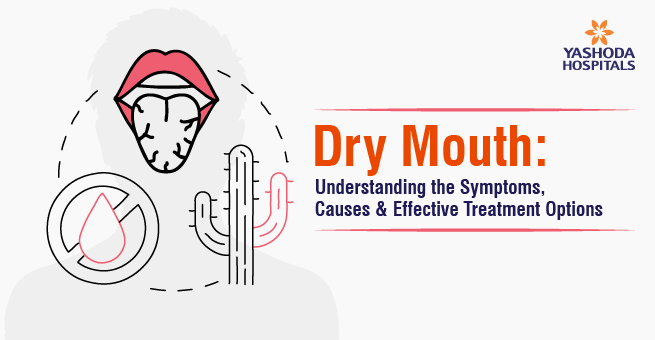





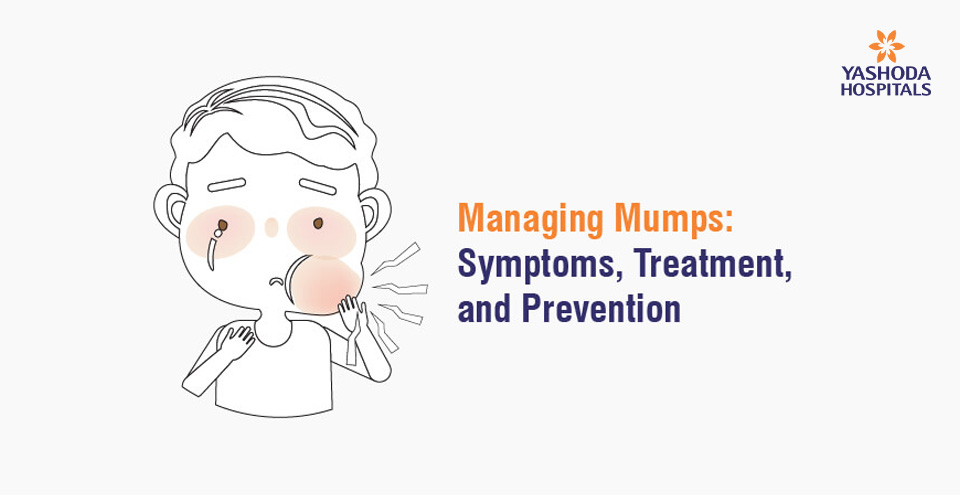
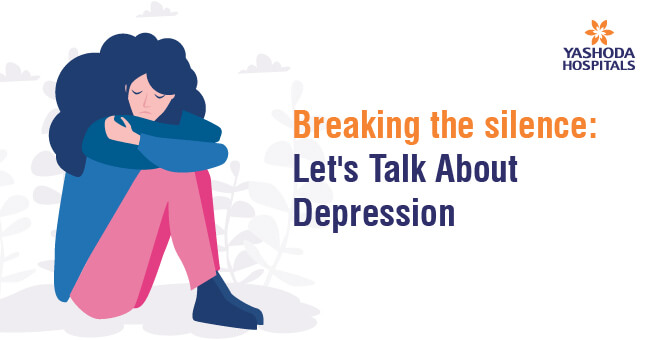




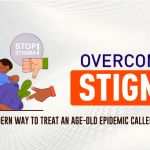
 Appointment
Appointment WhatsApp
WhatsApp Call
Call More
More